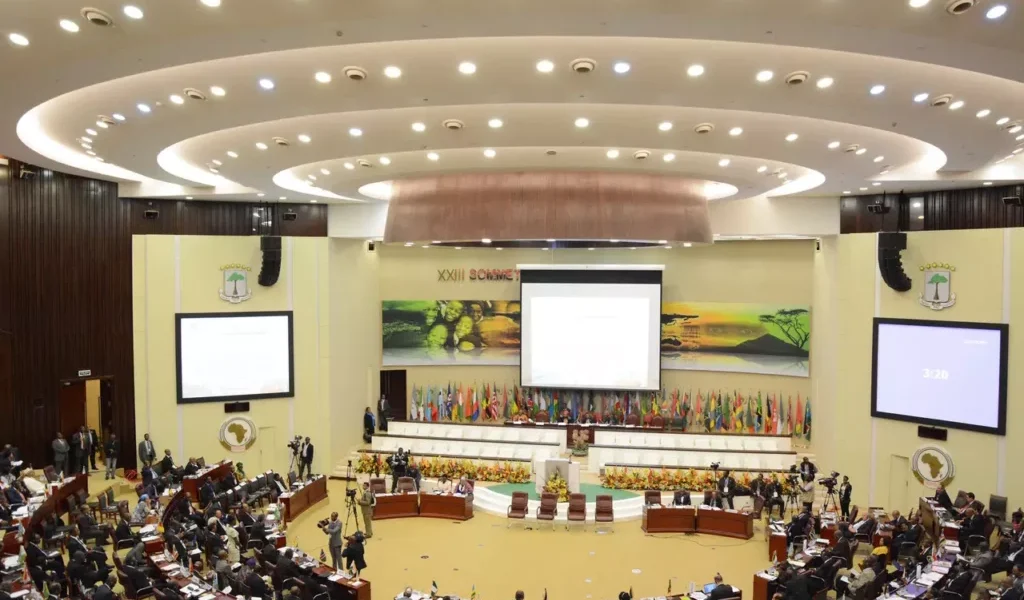
THE Pan-African Alliance for Transparency and the Rule of Law (PATROL-AFRICA) has expressed deep regret over the poor ratification process of the Malabo Protocol, ten years after its adoption. To date, only one country, Angola, has ratified the protocol, with a mere 15 signatures from the 55 African Union (AU) member states.
‘This is a dismal record by any standards by member states,’ PATROL-AFRICA stated on Tuesday.
The Protocol on Amendments to the Protocol on the Statute of the African Court of Justice and Human Rights, commonly known as the Malabo Protocol, was adopted in the Equatorial Guinean capital on June 27, 2014.
PATROL-AFRICA emphasised that the protocol could have significantly addressed many entrenched governance and rule of law challenges facing Africa, affecting peace, security, and the rule of law. It would have facilitated the interpretation and application of numerous instruments adopted by the AU, such as the African Charter on Human and Peoples’ Rights and the African Charter on Democracy, Elections and Governance (ACDEG).
However, the protocol is not without flaws. It includes a provision granting immunity to ‘any serving African Union Head of State or Government, or anybody acting or entitled to act in such capacity, or other senior state officials based on their functions, during their tenure of office.’
‘This provision is unconscionable as it is a well-established principle of international law that no one, including heads of state, enjoys immunity for atrocity crimes,’ said Adama Dieng, President of PATROL-AFRICA.
Despite this, the protocol addresses critical challenges such as genocide, war crimes, crimes against humanity, unconstitutional change of government, piracy, terrorism, corruption, money laundering, human trafficking, drug trafficking, hazardous waste trafficking, and illicit exploitation of natural resources.
PATROL-AFRICA highlighted that the inclusion of genocide, war crimes, and crimes against humanity in the protocol ensures that Africa has the capacity to address these crimes complementarily to other competent jurisdictions. The crime of unconstitutional change of government, as noted in ACDEG, remains a significant cause of insecurity and violent conflict in Africa.
The envisaged African Court of Justice and Human and Peoples’ Rights will comprise three sections and a total of 16 judges. In addition to the Human and Peoples’ Rights Section, there will be a General Affairs Section and an International Criminal Law Section. The latter will address individual criminal responsibility and corporate criminal liability, holding entities accountable for actions such as toxic waste dumping and enabling terrorism.
PATROL-AFRICA urged African countries to follow Angola’s example, which deposited its instrument of ratification at the AU on May 21. ‘We welcome with satisfaction and congratulate the Republic of Angola for being the first country to ratify and to deposit the first instrument of ratification,’ the statement read.
Furthermore, PATROL-AFRICA called for the ratification of the other three protocols related to the AU’s judicial organs: the Protocol to the African Charter on Human and Peoples’ Rights Relating to the Establishment of an African Court of Human and Peoples’ Rights (1998), the Protocol of the Court of Justice of the African Union (2003), and the Protocol on the Statute on the African Court of Justice and Human Rights (2008).












